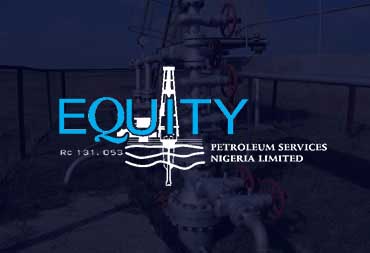King Mohammed VI held a telephone conversation yesterday, January 31, with President of Nigeria Muhammadu Buhari, a statement from Morocco’s Royal Cabinet announced.
During the call, the two heads of state welcomed the positive dynamic that bilateral relations between Morocco and Nigeria have witnessed since 2016.
They recalled King Mohammed VI’s visit to Nigeria in December 2016, which marked the beginning of a new page in bilateral ties, as well as Buhari’s visit to Morocco in June 2018, which confirmed the new momentum.
The two leaders expressed their common determination to pursue and materialize their strategic joint projects, notably the creation of the Nigeria-Morocco gas pipeline, as well as a Moroccan fertilizer plant in Nigeria.
The Nigeria-Morocco gas pipeline is one of the most ambitious infrastructure projects in West Africa.
When finalized, the pipeline would cover a 5,660-kilometer-long route, contouring the Atlantic coast from Lagos, in southwestern Nigeria, to Tangier, in northern Morocco. It would carry natural gas from Nigeria through 11 West African countries, up to Morocco and Spain.
The project was first announced on the sidelines of King Mohammed VI’s visit to Nigeria in 2016. Morocco’s National Office for Hydrocarbons and Mines (ONHYM) and the Nigerian National Petroleum Corporation (NNPC) signed an agreement on the project in 2017.
In 2019, the two partners carried out a feasibility study estimating that the project would be completed in stages in 25 years. The study also estimated the pipeline to cost approximately $25 billion.
The second project that King Mohammed VI and President Buhari discussed, the fertilizer plant, will be a subsidiary of Morocco’s phosphate company OCP. The project was also announced during the King’s visit to Abuja.
Morocco is set to supply the Nigerian plant with phosphoric acid to produce fertilizers for the benefit of local farmers. The factory, meanwhile, would supply Morocco with ammonia.
Located in southeastern Nigeria, the $1.3 billion plant is expected to become operational in late 2023.
While the fertilizer plant is OCP’s landmark project in Nigeria, the Moroccan company has launched in recent years several other initiatives in the West African country. The initiatives include training programs for local farmers, agronomic trials, and soil testing.
Concluding the telephone conversation, President Buhari thanked King Mohammed VI and Morocco for their efforts in the fight against terrorism and extremism.
Buhari especially mentioned the training of Nigerian Imams (Islamic leaders) at the Mohammed VI Institute for the Training of Imams, Mourchidines, and Mourchidates (Islamic preachers) in Rabat.
The Nigerian leader considered the religious training that Morocco provides as a barrier against the influence of extremism that stems from religious misinterpretations and misunderstandings.
Yesterday’s phone call proves once again that relations between Morocco and Nigeria are still on their upward trend.
For a long time, Nigeria challenged Morocco’s territorial integrity and expressed support for the separatist Polisario Front. However, the royal visit to Abuja in 2016 marked a shift in Moroccan-Nigerian dynamics.
Today, while Nigeria still nominally recognizes the self-proclaimed Sahrawi Arab Democratic Republic, it does not express support for separatism in Western Sahara. Instead, the West African country voices support for the UN-led process in the region.
Source: Morocco World News

